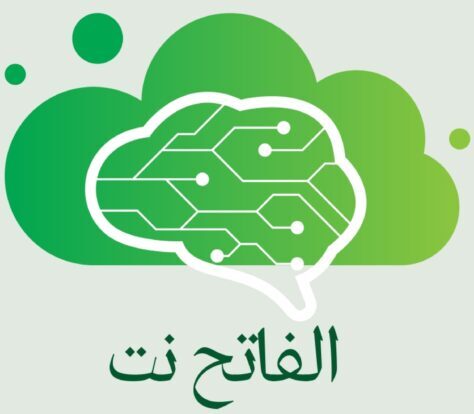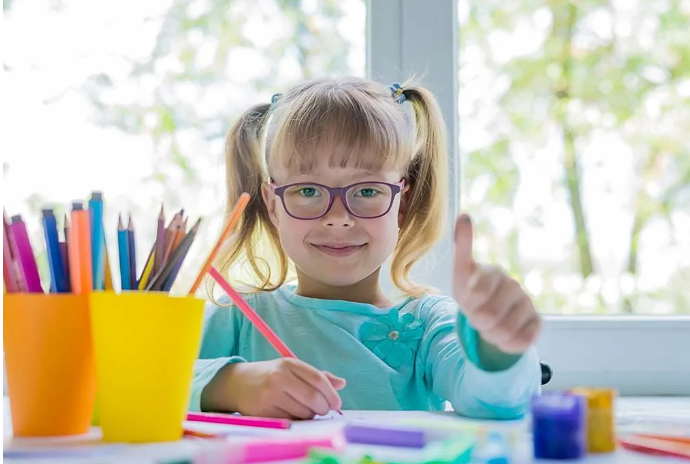Early childhood education
Here are some additional aspects of early childhood education:
- Individualized Learning: Recognizing and respecting the individual differences among children is a key principle. Early childhood educators strive to tailor their approaches to meet the unique needs and interests of each child, fostering a positive and supportive learning environment. x words for kids
- Emphasis on Emotional Development: ECE places a strong emphasis on emotional development, helping children understand and manage their emotions. This includes promoting emotional intelligence, self-regulation, and coping skills.
- Physical Activity and Health: Encouraging physical activity is crucial for the development of gross and fine motor skills. Early childhood education programs often include age-appropriate physical activities to promote overall health and well-being.
- Exploration of Nature: Many early childhood education settings incorporate outdoor activities and nature exploration. Exposure to the natural world can enhance a child’s sensory experiences, curiosity, and environmental awareness.
- Assessment through Observation: Rather than relying solely on traditional testing methods, assessment in early childhood education often involves continuous observation of a child’s behavior, interactions, and achievements. This observational approach provides a more comprehensive understanding of a child’s development.
- Inclusion of Technology: While there is ongoing debate about the role of technology in early childhood education, some programs incorporate age-appropriate digital tools to enhance learning experiences. The use of technology is typically guided by a balanced and thoughtful approach.
- Language Development: Early childhood education plays a crucial role in language development. Children are exposed to rich language experiences, including conversations, storytelling, and exposure to a variety of vocabulary. This lays the foundation for later literacy skills.
- Transition to Formal Education: A well-designed early childhood education program helps ease the transition from informal learning environments to formal schooling. This includes developing foundational skills that are essential for success in later academic pursuits.
- Continuous Professional Development: Early childhood educators engage in ongoing professional development to stay informed about the latest research, best practices, and educational trends. This ensures that they are well-equipped to provide high-quality education and support to young learners.
Remember, early childhood education is a dynamic field that continues to evolve based on research and educational philosophies. Creating a positive and nurturing early learning environment sets the stage for a child’s lifelong love of learning and contributes significantly to their future success. here




